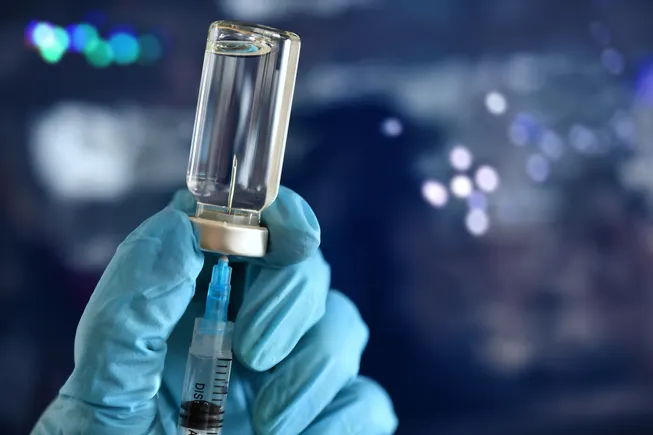The recent announcement by HHS Secretary Robert F. Kennedy Jr. regarding the requirement for placebo testing for all new vaccine approvals has sparked a wave of questions and concerns within the medical community. While the details of this policy shift remain vague, experts are eager to understand how it will impact the approval process for new vaccines.
One key question that has emerged is what will classify as a “new” vaccine under this new policy. The FDA’s recent decision to delay full approval for Novavax’s COVID-19 vaccine sheds some light on this issue. FDA Commissioner Dr. Marty Makary emphasized the need for new clinical studies for products targeting different strains of endemic viruses, suggesting a shift in how the agency defines “new” vaccines.
In response to this policy shift, health authorities are expected to release guidelines for COVID vaccine manufacturers, providing clarity on the regulatory requirements for new vaccine approvals. Additionally, the Trump administration’s launch of the Generation Gold Standard project aims to develop a universal flu vaccine that eliminates the need for annual updates, signaling a broader push for innovation in vaccine development.
The industry is eagerly awaiting more guidance on the new placebo testing requirement and its potential impact on vaccine development. While placebo controls are standard in phase 3 vaccine trials, requiring them for every new vaccine could raise ethical concerns and increase costs and complexity for drug developers.
Dr. Jesse Goodman of Georgetown University raised concerns about classifying annually updated vaccines as “new” products, highlighting the need for clear guidelines from regulatory authorities. The FDA’s upcoming advisory committee meeting and Moderna’s PDUFA date may provide insights into the agency’s approach to new vaccine approvals.
Overall, the industry faces potential challenges in adapting to the new placebo testing requirement, but the focus on upholding the Gold Standard of Science in vaccine development is paramount. As the details of this policy shift unfold, stakeholders will need to navigate the evolving regulatory landscape to ensure the safety and efficacy of new vaccines.


